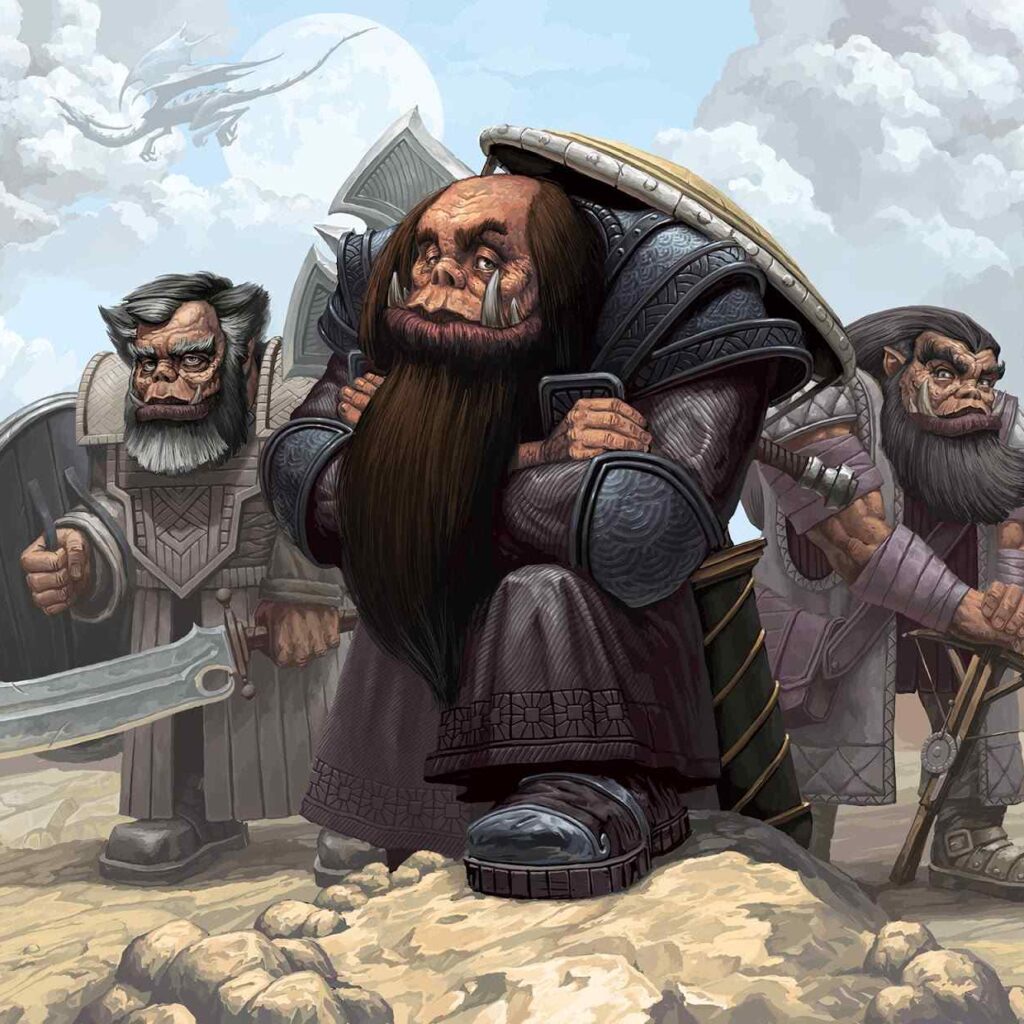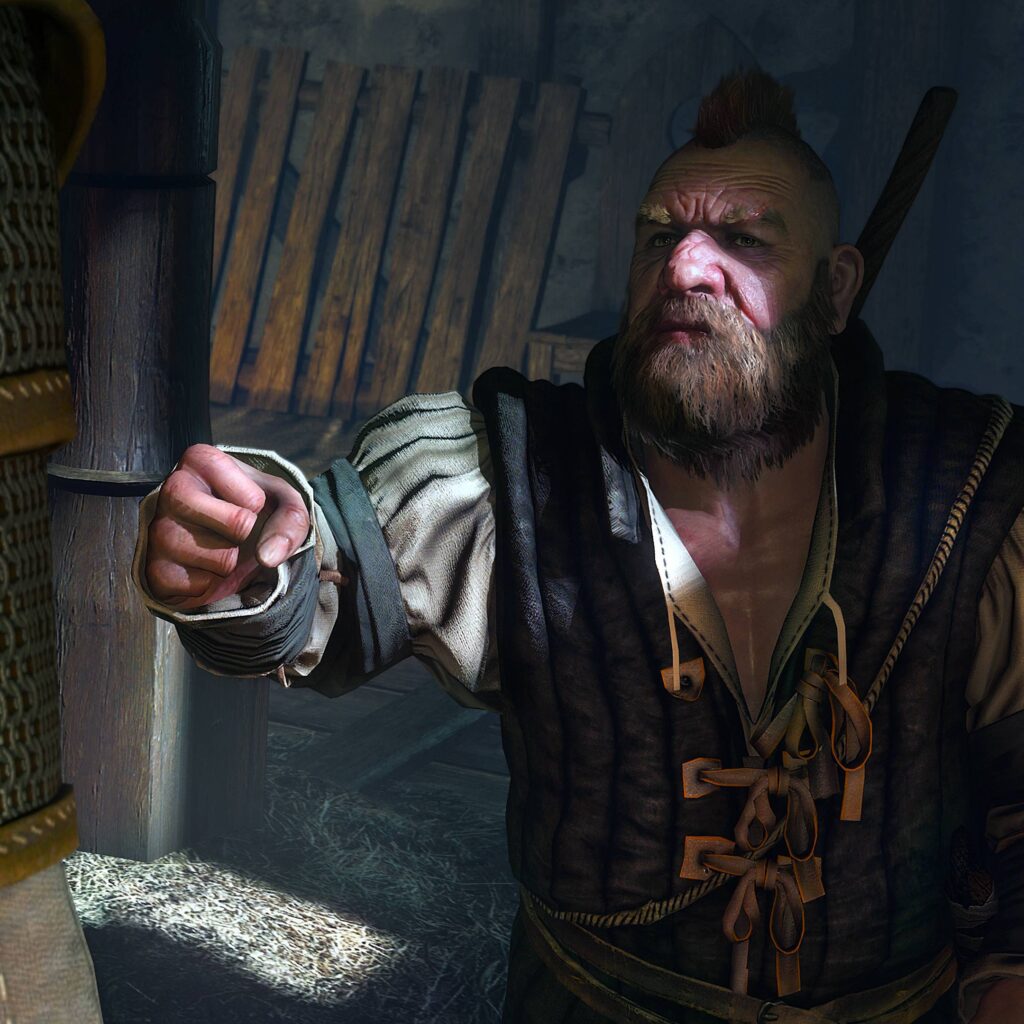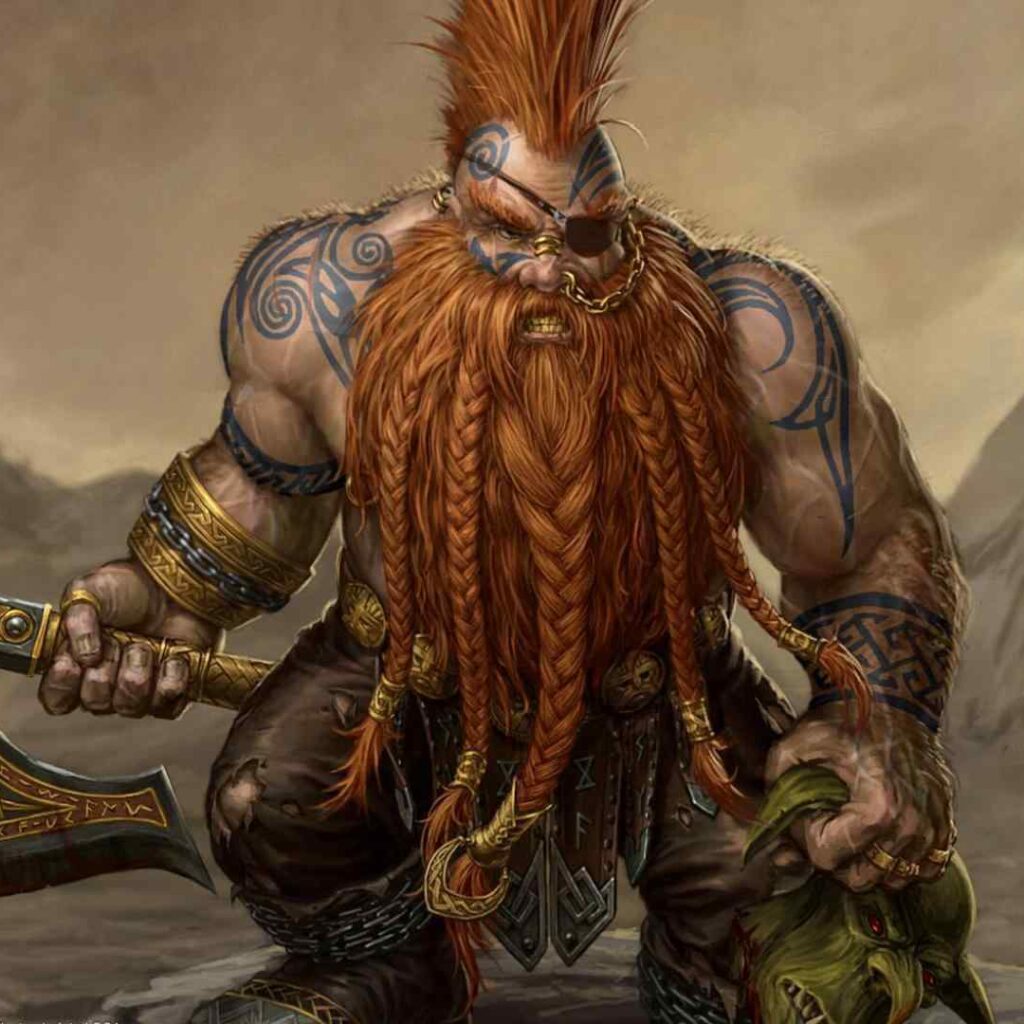Ah, the age-old debate of Hill Dwarf versus Mountain Dwarf. A clash is as epic as choosing between chocolate and vanilla ice cream. But fear not, dear adventurer! We’re here to help you decide which stout and bearded race is suitable for your next D&D campaign and ultimately free you from the shackles of indecision.
In this detailed guide, we’ll delve into the traits that define both Hill Dwarves and Mountain Dwarves in Dungeons & Dragons. With a keen eye for detail and a passion for all things dwarven. We aim to enlighten you on their unique cultural differences and how each can impact your gameplay experience.
So grab your trusty battle axe or brewing kit (depending on your dwarf preference), and let’s embark on this journey to discover the true essence of these fascinating races!
Related: Do Satyrs Have Dark Vision?
Key Takeaways
- Hill Dwarves have increased hit points, keen senses, innate wisdom, and proficiency with artisan’s tools, making them well-suited for cleric or druid roles.
- Mountain Dwarves have increased Constitution and Strength scores, proficiency with light and medium armor, and the Stonecunning ability, making them formidable fighters in melee combat.
- Hill Dwarves live in smaller communities with a pastoral lifestyle and a more open culture. In contrast, Mountain Dwarves live in vast cities beneath the earth’s surface and have a more insular culture.
- Choosing between Hill Dwarf and Mountain Dwarf depends on preferred playstyle and class aspirations.
Dwarves in D&D

In D&D, dwarves are not just short and stout; they’re as tough as nails and built like a fortress. These hardy, bearded folk are known for their resilience and endurance in adversity. As a dwarf adventurer, you’ll be stepping into the boots of an individual. Who has experienced their fair share of life’s hardships but has become more assertive.
Dwarves have a solid cultural pride that manifests in their craftsmanship, architecture, and unyielding spirit, perfect for those who want to be part of something bigger than themselves. While forging an epic path through the world.
While all dwarves share these core traits, there are two distinct subraces within the D&D universe: hill dwarves and mountain dwarves.
Each has unique abilities that cater to different playstyles. Giving you even more opportunities to customize your character’s strengths and abilities. So whether you prefer swinging a Warhammer against hordes of orcs or working your magic in tactical combat situations.
Choosing the right dwarf subrace will make all the difference. When defining your role within your adventuring party. Embrace your inner dwarf adventurer and dive into this detailed guide comparing hill dwarfs vs. mountain dwarfs. Soon enough, you’ll unleash an unstoppable force on any obstacles standing between you and ultimate freedom!
Traits of a Hill Dwarf
You’ll find that traits of a Hill Dwarf include unique abilities and bonuses, making them an appealing choice for players seeking versatility and survivability in their adventures.
One of the most notable traits is their increased hit point maximum, granting them extra durability in the face of danger. This boon to health allows Hill Dwarves to withstand more punishment than other races. Making them well-suited to frontline combat or enduring harsh environments.
In addition, they possess keen senses and innate wisdom that can help guide both themselves and their companions through uncertain times. Hill Dwarves also have a solid connection to nature, as seen in their proficiency with artisan tools like herbalism kits or mason tools.
This affinity for crafting makes them valuable members of any adventuring party and gives them a sense of freedom as they explore the world around them. Their ability to create valuable items from raw materials found in nature represents a deep bond. With the environment and offers endless opportunities for discovery.
As you embrace your role as a Hill Dwarf character in your D&D campaign, remember that these unique traits will allow you to navigate challenges and forge your path toward adventure!
Traits of a Mountain Dwarf

As a Mountain Dwarf, you’re gifted with innate strength and resilience, like an unyielding fortress nestled among towering peaks. You possess the power to overcome challenges that others might falter at. Allowing you to delve deeper into the dungeons or withstand the harshest of environments.
Your connection to the mountains drives your desire for freedom. You thrive in exploring vast landscapes and seeking new adventures.
- Ability Score Increase: Your Constitution score increases by 2, and your Strength score increases by two as well. This boost in physical endurance and raw power means you can take on more challenging tasks without feeling overwhelmed.
- Dwarven Toughness: As a testament to your hardiness, your hit point maximum increases by 1 for each level you have in any class. This stamina helps keep you alive during intense battles or when venturing into dangerous territories.
- Dwarven Armor Training: You gain proficiency with light and medium armor. Allowing you to protect yourself effectively even if you are not pursuing a combat-heavy class.
- Stonecunning: If there’s one thing Mountain Dwarves know best, it’s stone! Whenever you make an Intelligence (History) check related to stonework or the origin of stonework. Add double your proficiency bonus instead of just adding it once.
These traits reinforce how truly remarkable Mountain Dwarves are within the world of Dungeons & Dragons-capable adventurers who embody strength and determination. While maintaining their unwavering pursuit of freedom.
So embrace your heritage as a Mountain Dwarf: venture into unknown lands, conquer seemingly insurmountable obstacles, and revel in the exhilaration of living life fearlessly!
Related: Eldritch Knight vs Battle Master
Cultural Differences: Hill Dwarf vs. Mountain Dwarf
Delving into the rich tapestry of dwarven culture. It’s fascinating to uncover the unique aspects that set Hill and Mountain Dwarves apart.
While both share a fierce pride in their heritage and craftsmanship, distinct differences between their societies make them truly stand out.
Hill Dwarves tend to live in smaller communities, often built into rolling hillsides or nestled at the base of mountains. They enjoy a more pastoral lifestyle. Focusing on agriculture and trade with neighboring settlements. This makes them open to cultures only sometimes seen among their mountain-dwelling cousins.
Mountain Dwarves, on the other hand, live deep within towering mountain ranges. Where they carve out vast cities beneath the earth’s surface. These subterranean metropolises are marvels of engineering and stonework. Showcasing the Mountain Dwarves’ unmatched skills in these areas.
As masters of mining and metallurgy, they have access to some of the finest materials for crafting weapons and armor, making them highly sought-after by adventurers and warriors alike. However, living in such secluded environments has led to a more insular society. Where outsiders are met with suspicion or even outright hostility.
By examining these cultural differences between Hill and Mountain Dwarves. One can better appreciate what makes each group genuinely unique while understanding that despite their disparities. Both hold steadfastly onto an unwavering love for freedom and autonomy within their respective realms.
Related: How Many Bonus Actions Per Turn Can You Have?
Gameplay Differences Between Hill and Mountain Dwarves

In gameplay, there are notable distinctions between Hill and Mountain Dwarves that can impact a player’s experience and strategy. These differences affect your character’s abilities, potential for growth, and role within a party. As you weigh the pros and cons of each subrace. Consider how these unique traits will shape your journey through the world of Dungeons & Dragons.
- Ability Score Increase: Hill Dwarves gain a +1 bonus to their Wisdom score, improving their perception and insight. This makes them particularly well-suited for cleric or druid roles. Where wisdom is crucial. Mountain Dwarves, on the other hand, receive a +2 bonus to their Strength score, making them formidable fighters in melee combat.
- Dwarven Toughness: Exclusive to Hill Dwarves, this trait grants an additional hit point per level up. Increasing survivability throughout the game. As frontline defenders or damage-absorbing characters like clerics or barbarians. Who often find themselves in harm’s way. They seek freedom from constant danger by relying on this extra health cushion.
- Dwarven Armor Training: Mountain Dwarves excel in battle thanks to their proficiency in light and medium armor, which comes naturally as part of their heritage. This allows players who choose spellcasting classes. Such as wizards or sorcerers, typically limited in armor choices, to experience greater freedom regarding protection without sacrificing valuable spell slots.
Ultimately, your choice between playing as a Hill Dwarf or a Mountain Dwarf depends on your preferred playstyle and class aspirations.
Whether you envision yourself as an insightful healer guiding your party through difficult situations or an unyielding warrior standing firm against any foe that dares cross your path. Embrace these differences and let them guide you towards newfound adventures that await!







[…] Related: Hill Dwarf Vs Mountain Dwarf […]